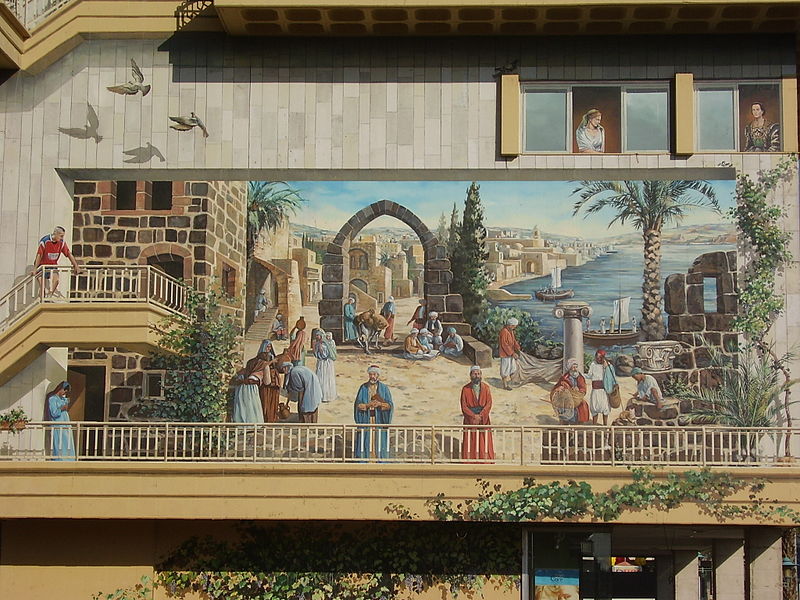Before the Settlement- Jews in the early modern Levant

Before the Settlement- Jews in the early modern Levant
This talk examines Jews who lived in the Arab provinces of the Ottoman Empire, especially in Ottoman Palestine, during the 18th century, and explores how Jews supported and idealized local governors and local powers. To tell the complex story of Muslim-Jewish relations, and Jewish historical memory of multiple Ottoman past[s], Bashkin studied how Jews celebrated a holiday called a Minor Purim, which commemorated any miraculous survival of any Jewish community from a great calamity. She shed light on the lives of Jews who resided in Tiberias, Hebron, and Jerusalem, celebrated holidays together with Muslims, and worshiped in the same holy sites revered by Christians and Muslims. The relationships were far from harmonious, but a greater Arabization, and identification with a place, are seen in 18th century Jewish narratives. Politically, Ottoman central power changed in this period, allowing local rulers to take a share in governance. Some Jews still supported the central Ottoman government, since wars between local rulers over territory and zones of influence led to internal wars, economic pressures on the Jewish communities, and daily violence. And yet, while continuing being loyal to the Ottoman Sultan, other Jews benefited from local rulers, as bankers, traders, and advisers to local rulers. For this reason, we see in the period centuries a Palestinian Minor Purim commemorating those who challenged the state’s power.
Orit Bashkin is a historian who works on the intellectual, social and cultural history of the modern Middle East. She received her Ph.D. from Princeton University (2004), writing a thesis on Iraqi intellectual history and her BA (1995) and MA (1999) from Tel Aviv University. Since graduation, she has been working in the Department of Near Eastern Languages and Civilizations at the University of Chicago. Her publications deal with Iraqi history, the history of Middle Eastern and Iraqi Jews, the Arab cultural revival movement (the nahda) in the late 19th century, and the connections between history, memory and literature. Her current research project explores the celebrations of Purim in the Ottoman Empire. She has authored several books, Impossible Exodus: Iraqi Jews in Israel, Stanford University Press, 2017, New Babylonians: A History of Jews in Modern Iraq, Stanford University Press, 2012, The Other Iraq – Pluralism and Culture in Hashemite Iraq, Stanford University Press, 2009. Bashkin is also the coeditor of the volumes, Jews and Journeys: Travel and the Performance of Jewish Identity, with Joshua Levinson, Penn Press, 2021 and Civilizing Emotions: Concepts in Nineteenth Century Asia and Europe, with Margrit Pernau, Helge Jordheim, and others, Oxford University Press, 2015.


